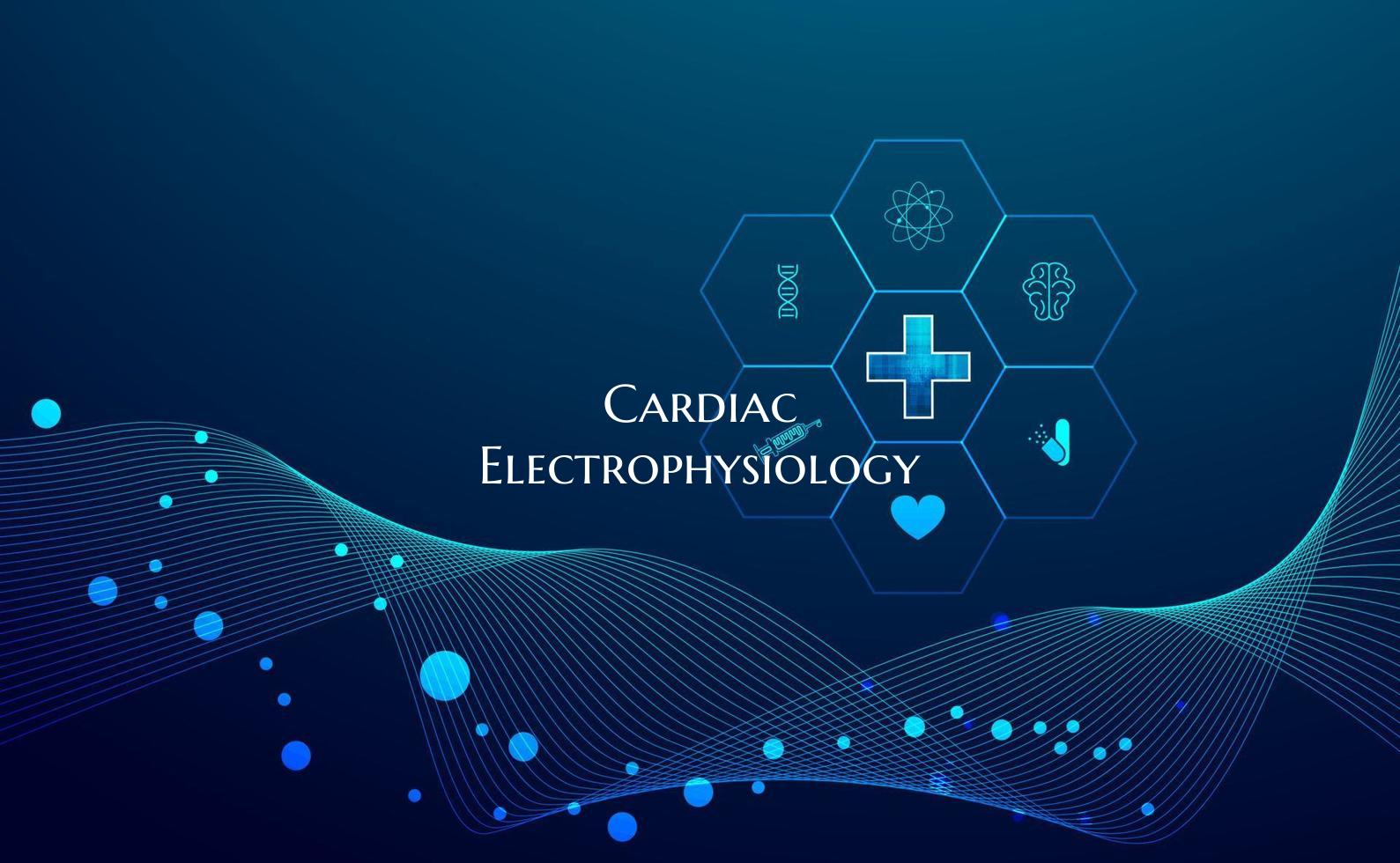
Cardiac Electrophysiology
Cardiac Electrophysiology is a branch of cardiology that focuses on the electrical function of the heart. The heart is a complex organ that relies on precise electrical impulses to function properly. These electrical signals control the heartbeat by coordinating the contraction and relaxation of the heart chambers to pump blood efficiently throughout the body.
Cardiac Electrophysiology involves studying the electrical system of the heart, diagnosing and treating electrical disorders such as arrhythmias (irregular heartbeats), and implanting devices like pacemakers and defibrillators to help regulate the heart's rhythm. Electrophysiologists use various diagnostic tools such as electrocardiograms (ECGs), Holter monitors, and electrophysiology studies to assess the heart's electrical activity and identify any abnormalities.
Treatment options for cardiac electrophysiology disorders can include medication, catheter ablation procedures to correct irregular heart rhythms, and the implantation of devices to help regulate the heart's electrical activity. Electrophysiologists work closely with other healthcare professionals, including cardiologists and cardiac surgeons, to provide comprehensive care to patients with heart rhythm disorders.
Overall, Cardiac Electrophysiology plays a crucial role in the diagnosis, management, and treatment of electrical abnormalities in the heart, helping patients maintain a healthy heart rhythm and improve their quality of life.